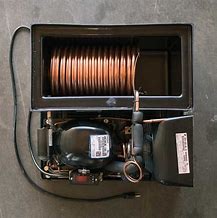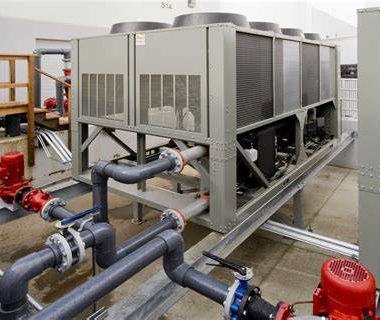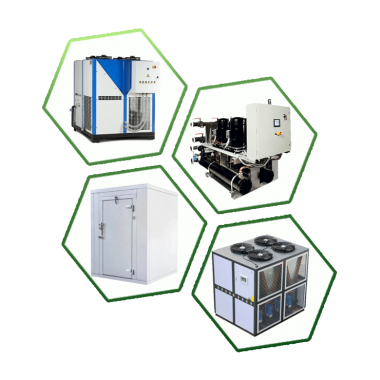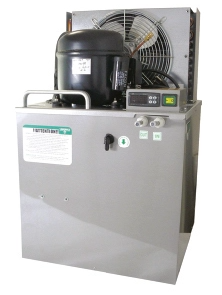Glycol Chiller Maintenance Tips
Glycol Chiller Maintenance Tips
A glycol chiller is a chilling system that generates extremely low temperatures well below the freezing point of water by using a portion of glycol combined with water. The way of maintenance is the core thing to keep the system long last.
Automotive Antifreeze
Automotive antifreeze has the same chemicals as glycol coolants for chillers but is prepared differently. Antifreeze can significantly minimize heat transfer, flow rates, and pressure issues.
Inhibited Glycol
constrained glycol lacks components that prevent corrosion, scaling, and rust, whereas inhibited glycol does. To ensure that there are enough inhibitors present in the mixture, glycol must be employed in mixtures of at least 25%.
Mixing Ethylene and Propylene Glycol
Never mix ethylene and propylene glycol, or several types of glycol, according to all manufacturers. The incompatibility between the various formulas can lead to clogged filters, strainers, pumps, and problems with transfer properties.
Local Regulations
States, counties, and cities have different regulations regarding the use of glycol and antifreeze to protect water tables, drainage, and disposal of fluids. Before installing a glycol chiller, it is important to contact local authorities to ensure compliance with municipal regulations.
Contamination
Glycol to water ratio needs to be monitored and tested frequently to make sure. That corrosion problems are not present and that the percentages are being maintained.
Pure Water
Since city water contains impurities that can prevent the glycol and water from mixing. Glycol chillers perform best when using distilled or reverse osmosis filtered water. Demineralized water, which eliminates the unpredictability of city and municipal water, is one of the other types of pure water.
For more details about various chiller or To purchase the best chiller at convincing price!
Check Out Coolfab Equipments and get the one you need.





